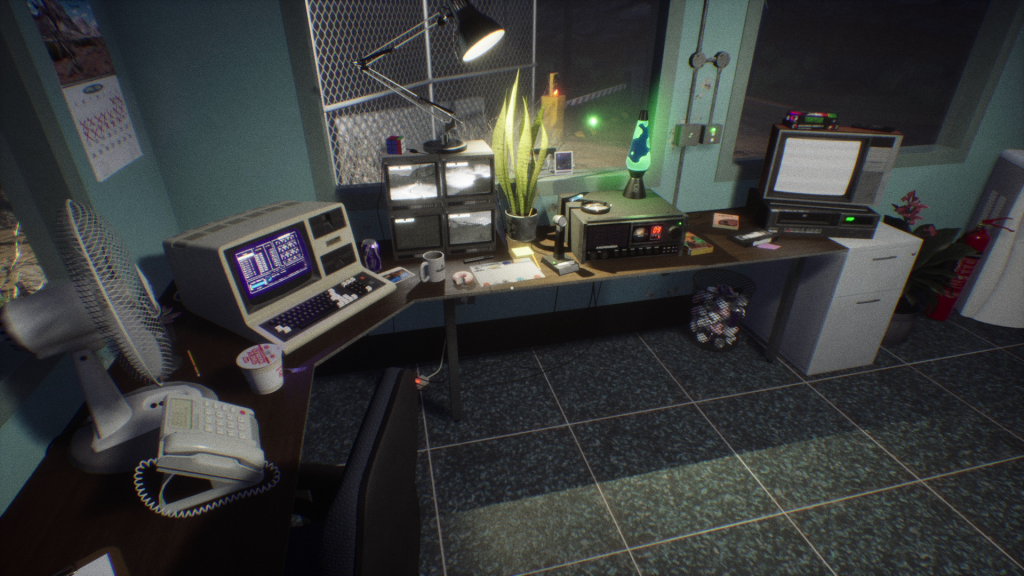At this point we’ve watched three films for the Dead Air Movie Club, a series where we watch and discuss movies that have had some influence on the making of Interference: Dead Air. If you aren’t caught up on these posts yet, check them out below or on our Letterboxd:
Dead Air Movie Club’s goal is to analyze the era of film in which our game takes place. So we thought now would be an apt time to look back at the films we’ve watched so far and examine some common themes. We will also look at how those themes are relevant to the narrative of Interference: Dead Air. As with the previous individual posts, spoilers for all of the films will be fair game, but we will not spoil any specific narrative details for the game. So let’s jump in!
A somewhat obvious place to start when looking for commonalities between these films is the idea of identity. Just what exactly does it mean to be yourself? We’ve already discussed some of these ideas in relation to both Invasion of the Body Snatchers and The Thing. Both of these films use sci-fi to examine the horror of losing your sense of self to monsters that look, sound, and maybe even act like you, but definitely… aren’t you.

People have an underlying need to feel secure in their own identity and the identity of those around them. Both of these films leverage this so well to create tension when that sense of security breaks down, and it’s also a tension that came into play when writing Interference: Dead Air. Perhaps these questions don’t arise in the literal “are you a body-snatching alien” sense, but in the sense of how a player’s choices in the game might result in other characters questioning if they are the person they thought they were.
So how does Phantasm fit into this idea of identity? In many ways, it’s through the way the film explores grief. Mike’s journey in the film can be interpreted as a way of coming to terms with what happened to Jody. In losing his brother, he must form a new identity for himself that doesn’t rely on that comforting presence. And it turns out that this way of thinking about grief can apply to all kinds of situations beyond the death of a guardian figure.
In fact, the exploration of identity and loss is also something that we hope will resonate with our players. In various ways, characters in the game are faced with the prospect of losing one another. One of the driving narrative forces is in how those characters respond to that. People experience grief in all kinds of ways. When they do, they must contend with how their own identity must change as a result. This is something Phantasm explores so effectively and it’s something players will have the ability to explore in the game as well.

The question of how people deal with identity being lost or changed, both literally and figuratively, is certainly something that connects the three films we’ve watched so far. It connects to the narrative of Interference: Dead Air as well. Our hope is that you will keep these ideas in mind when you play the game. Perhaps they will give you a new lens with which to appreciate the game’s narrative. We’ve certainly felt that way as the ones who wrote it!
But until then, we still have more Dead Air Movie Club to go, so we will see you for the next movie! And don’t forget to wishlist Interference: Dead Air on Steam if you haven’t already!

